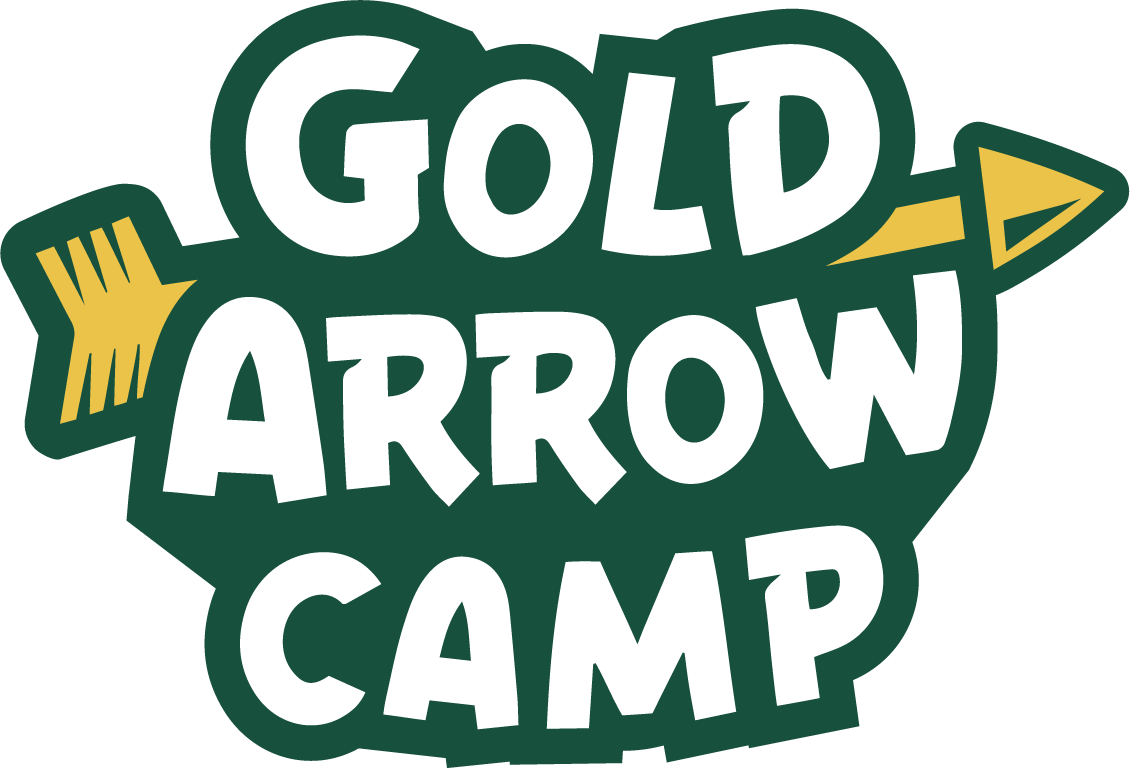Episode 93: Growing at GAC with Vision
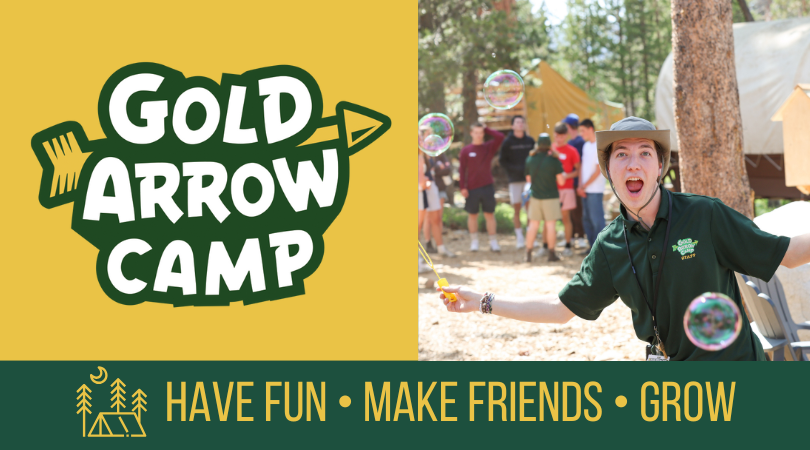
Join Sunshine’s conversation with Luke “Vision” Beshoff, the Rock Climbing and Ropes Course Program Head this summer. Vision started as a camper at GAC in 2012 and has now been on staff for four summers. Vision is incredibly positive and enthusiastic about camp and his experiences here. He describes in detail the activities that fall under the “Rocks and Ropes” category here at camp, and how each of them offers amazing opportunities for campers and staff to get outside their comfort zones and grow! Vision also shares how he’s started appreciating different aspects of camp as he’s gotten older.
Related
Podcast: Play in new window | Download
Subscribe: Spotify | Email | RSS
Episode 92: The Positive Impact of Camp with Echo
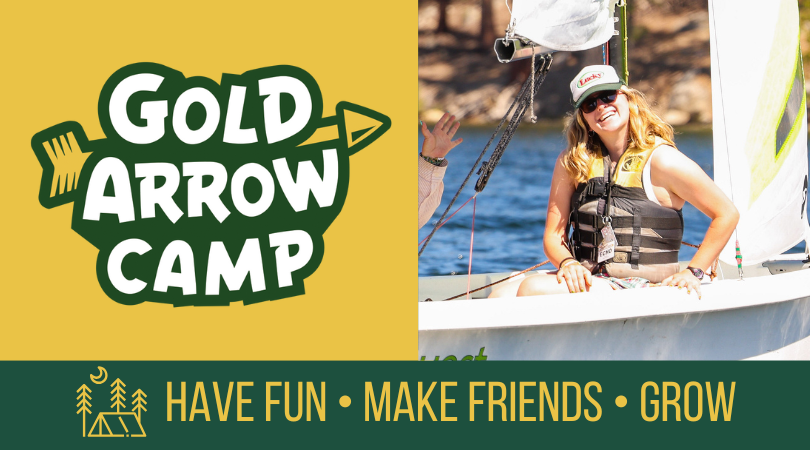
Cady “Echo” Latt shares her GAC story, which started back in 2008 when she attended a one week “Nuggets” program after she had finished Kindergarten. After 10 years as a camper, Echo joined as a Junior Counselor. She’s now in her 5th year on staff. This year, Echo joins Sneaks in heading up our Junior Counselor Program.
In this longer conversation than our typical podcast chat, Echo and Sunshine talk about the benefits of camp, how camp has shaped her, and how much teens especially benefit from time at camp.
Related
Five Reasons Every Teen Should Go To Summer Camp
Dancing and the Brain (Harvard Medical School)
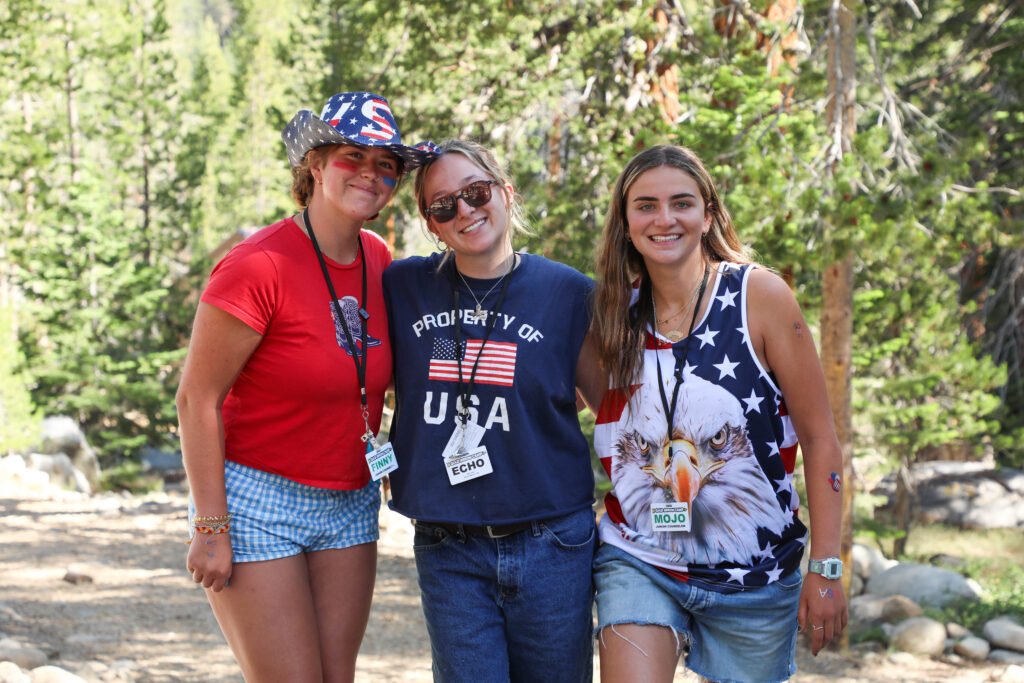
Podcast: Play in new window | Download
Subscribe: Spotify | Email | RSS
Episode 91: Getting Outside with Boulder
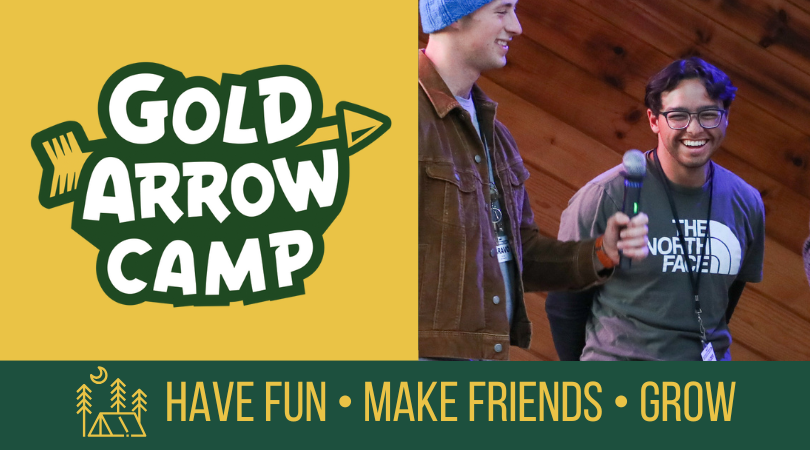
Fifth year camp staff member and 2025 Head Counselor, Boulder, talks about his experience as a camper at GAC and his love of backpacking and being outdoors that has developed as a result of his time at camp. Since one of our GAC core values is “Connecting with Nature,” it’s great to hear about the impact GAC has had on Boulder’s love of the outdoors.
Podcast: Play in new window | Download
Subscribe: Spotify | Email | RSS
Session 2 Outpost & Events Schedule
There’s always something going on at camp, whether that’s a cabin theme day, a backpacking trip or a visit to Shaver Island! Check out the outpost schedule below to see where each cabin is going this session.
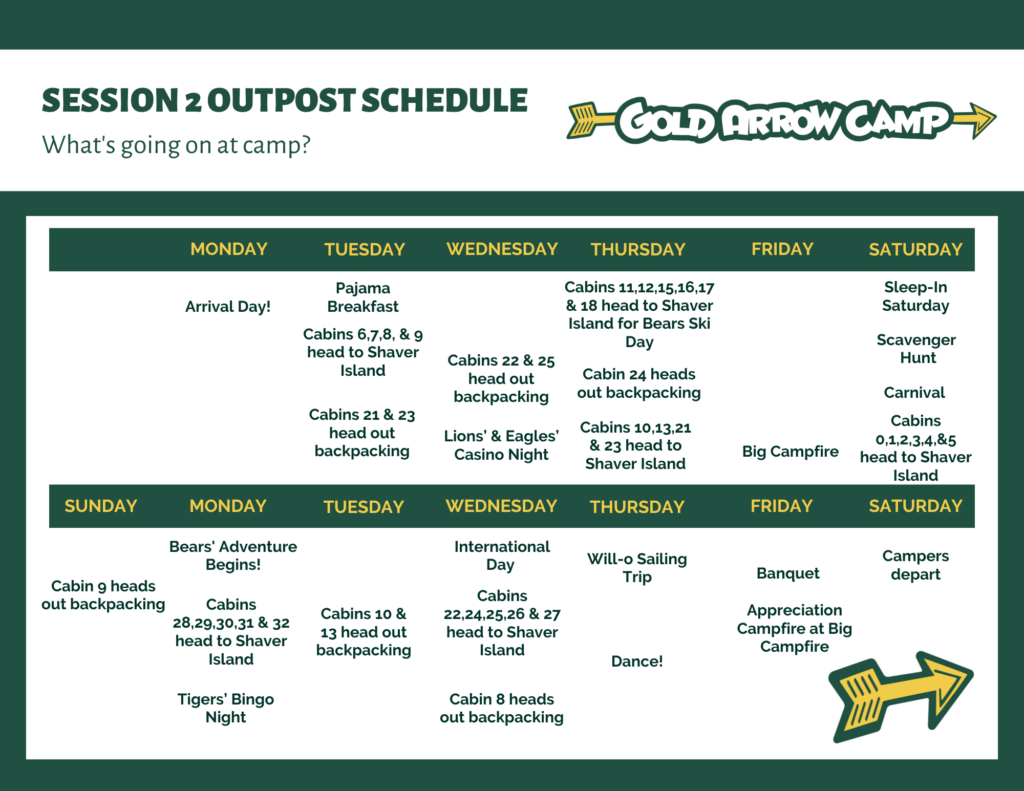
Episode 90: The GAC Experience with Punkie
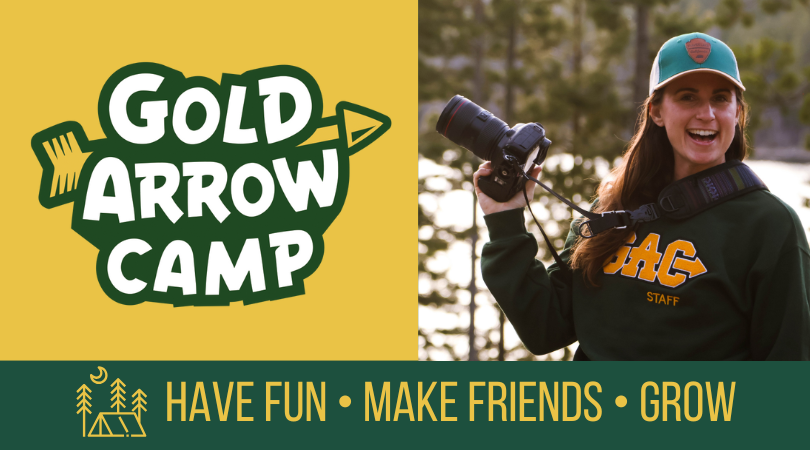
Paige “Punkie” McKee reflects on her five years as a camper and five years (including this summer) on staff at Gold Arrow Camp. She reflects on the impact of her camp experiences and how the independence and adventure she experienced at camp has helped her pursue an equally adventurous adulthood. This summer, Punkie is leading the Media Team (photographers and videographer). We talk about some of the behind-the-scenes work that goes into posting all those great photos parents get to see while their camper is at GAC!
Podcast: Play in new window | Download
Subscribe: Spotify | Email | RSS
Episode 89: WOWs with Bravo
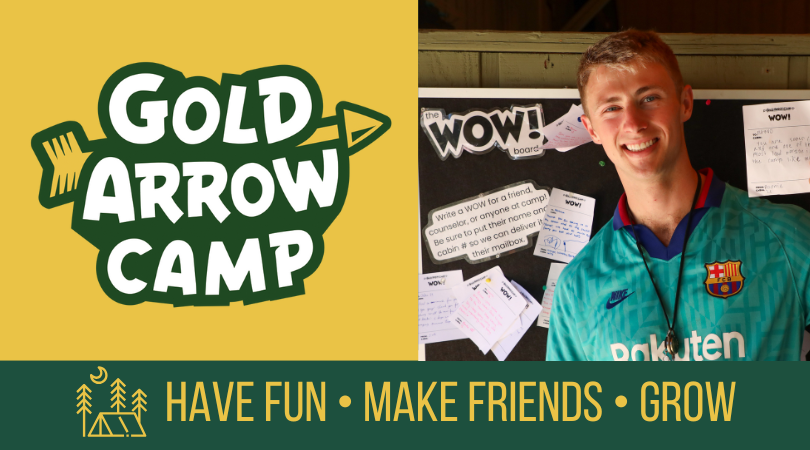
Writing “WOW”s, or positive notes and affirmations, is a habit we practice daily at Gold Arrow Camp. In this episode, Sunshine and Bravo talk about how we do WOWs, why we do WOWs, the magic relationship ratio, and the power of positive words!
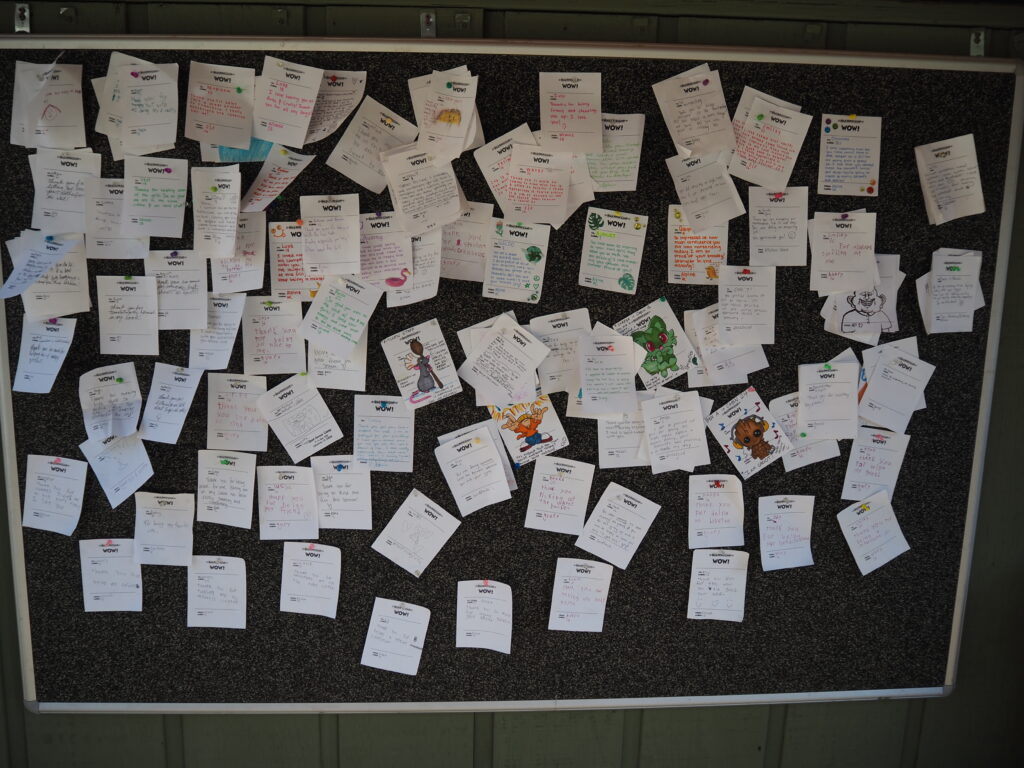
Give meaningful WOWs by using this formula: Person’s Name + Quality + Evidence (what they did and/or how it made you feel).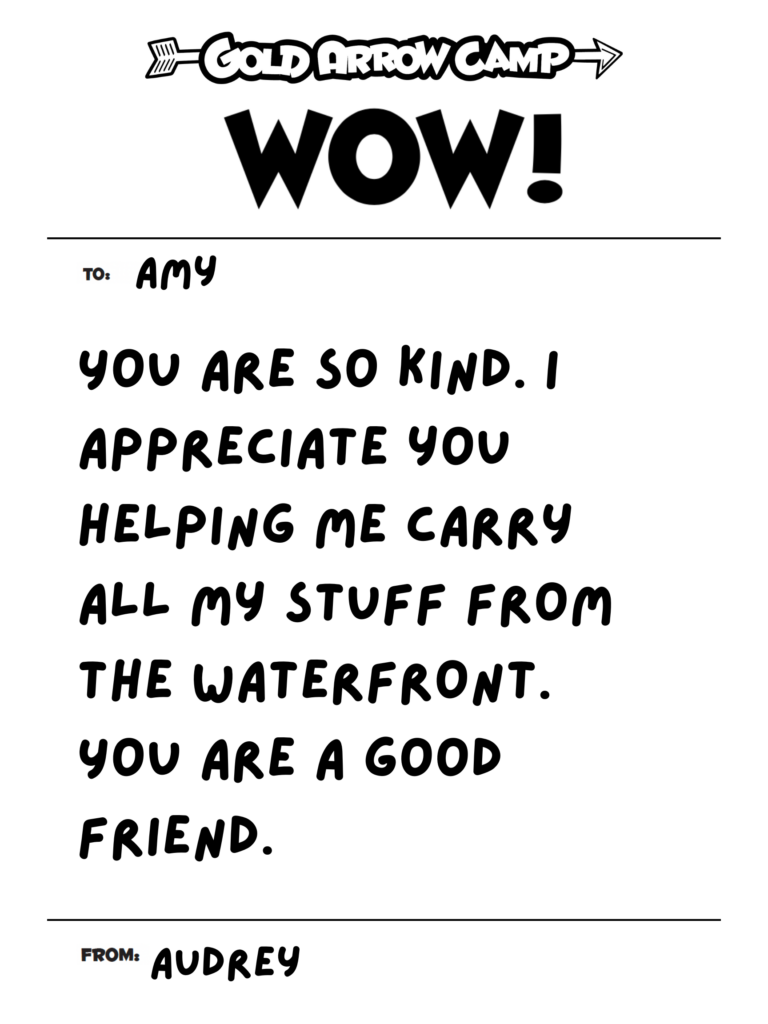
Resources/Related
The Magic Relationship Ratio, John Gottman (article)
The Magic Relationship Ratio, Sunshine Parenting (video)
Filling Buckets: Our 2019 Theme (article)
The Most Meaningful Words You’ll Say this Summer, Camping Magazine (article)
3 Reasons to Give Your Kid a “WOW” Today, Sunshine Parenting (article)
The Power of Positive Words, Sunshine Parenting (article)
Catch them Doing the Right Thing (article)
Podcast: Play in new window | Download
Subscribe: Spotify | Email | RSS
Session 1 Outpost & Events Schedule
There’s always something going on at camp, whether that’s Jers-day Thursday, a backpacking trip or a visit to Shaver Island! Check out the outpost schedule below to see where each cabin is going this session.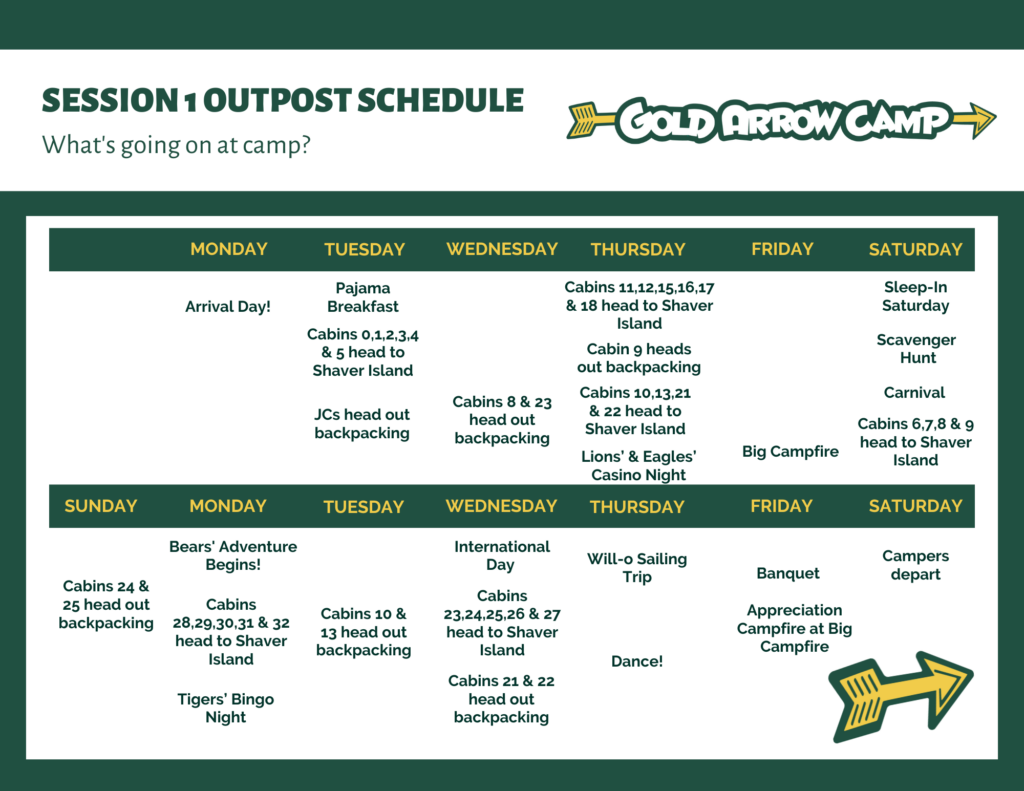
Episode 88: Razz Talks about Camp

Sunshine talks with experienced Gold Arrow Camp camper and counselor, Lucy ‘Razz” Mahlmeister, in this episode of the podcast. Razz talks about her time at GAC, which started in 2010 when she was an eight-year-old first time camper. Razz spent eight years as a camper, one year as a Junior Counselor, and has now been on staff for five years, primarily as a watersports activity counselor, teaching campers kneeboarding, wakeboarding, waterskiing, and wakesurfing.
Podcast: Play in new window | Download
Subscribe: Spotify | Email | RSS
Episode 87: Experienced Campers Talk about Camp
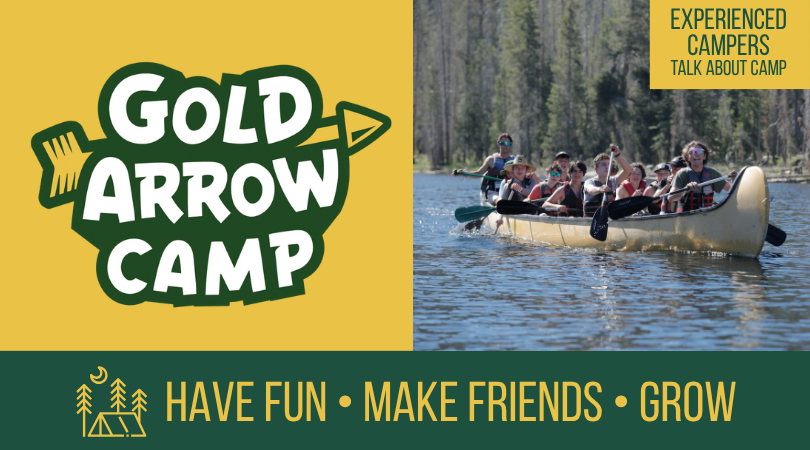
For parents and campers who are new to Gold Arrow Camp, you won’t want to miss this episode! A group of Junior Counselors (16 & 17 year old experienced campers) join Sunshine for a chat about their experiences and growth over their summers at camp. This was recorded in 2018 but their insights are still as relevant today!
Podcast: Play in new window | Download
Subscribe: Spotify | Email | RSS
Episode 86: Thrivers with Dr. Michele Borba
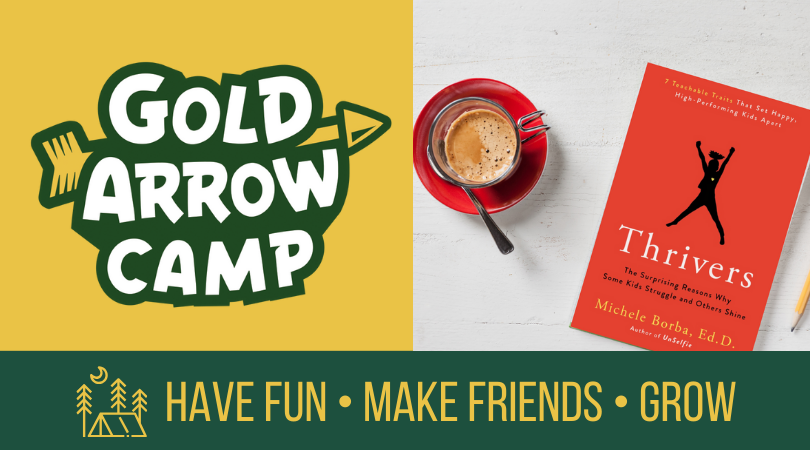 This episode was originally published on Sunshine Parenting and is geared towards parents, staff, and older campers. There are mentions of youth mental health issues, including suicide, so parents please listen before deciding whether to share with your younger kids.
This episode was originally published on Sunshine Parenting and is geared towards parents, staff, and older campers. There are mentions of youth mental health issues, including suicide, so parents please listen before deciding whether to share with your younger kids.
Join Sunshine for her conversation with Dr. Michele Borba about her phenomenal, must-read book THRIVERS: The Surprising Reasons Why Some Kids Struggle and Others Shine – 7 Teachable skills of heart, mind, & will that set happy, healthy, high-performing kids apart.
At GAC, our vision is Creating a happier world, one camper at a time. Our mission – what we specifically focus on – is building positive habits and character traits for a thriving life. We follow the research about what kids need to thrive now and into adulthood. The book Thrivers is a great resource for all of our staff and parents.
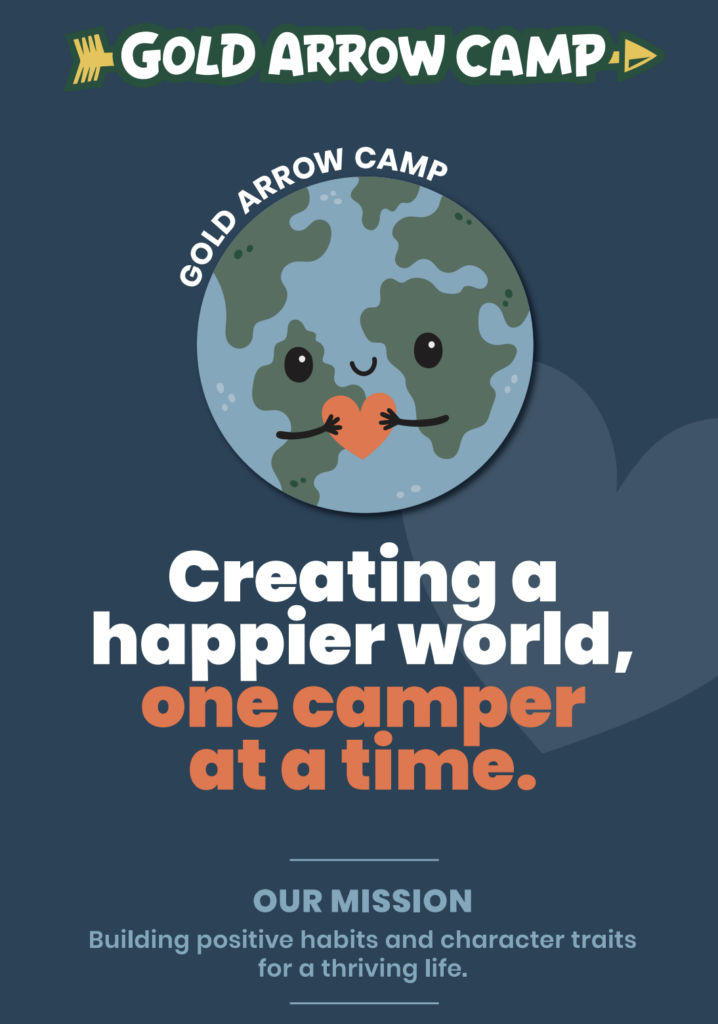
About Dr. Michele Borba
Dr. Michele Borba is an educational psychologist, best-selling author, and TODAY show contributor who has spoken to over one million participants on five continents and to countless media about child development issues.
She blends 40 years of teaching and consulting experience with latest science to offer sound, realistic advice to parents teachers and child advocates about helping children thrive.
Sunshine’s Amazon Review
Dr. Michele Borba’s latest book – THRIVERS: The Surprising Reasons Why Some Kids Struggle and Other Shine – is perhaps her most important book yet – and the timing couldn’t be better. She’s researched seven specific character traits that parents and educators can focus on teaching kids to help them be resilient “thrivers” in a time when many children and adolescents are NOT thriving. The book is divided into three parts (Nurturing Heart, Developing Mind, and Cultivating Will) and each section has two or three specific character traits outlined in detail. Not only does Dr. Borba shares stories and research backing the importance of teaching kids the trait, but she also provides specific age-by-age ideas about how to instill each trait. This book needs to be on every parent and educator’s bookshelf and can be read one chapter at a time (if you want to focus on one trait) or all at once. With youth mental health and suicide rates rising, we all need to stop and reflect on what’s most important to teach our kids. And it’s not math or grammar or athletic skills. Instead, it’s the specific character traits that will help kids excel in all areas. Pick up Thrivers and learn how to teach kids self-confidence, empathy, self-control, integrity, curiosity, perseverance, and optimism — all traits that are teachable and lead to a thriving life.
Resources/Related
7 Essential Character Traits PDF
Thrivers book info & video series
[ENCORE] Ep. 138: Unselfie with Dr. Michele Borba
Podcast: Play in new window | Download
